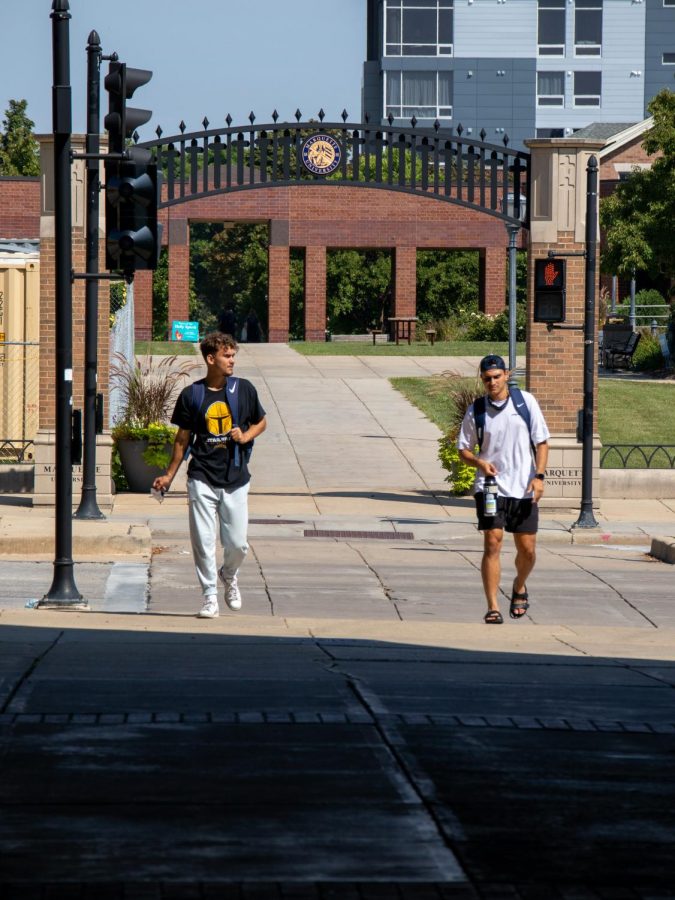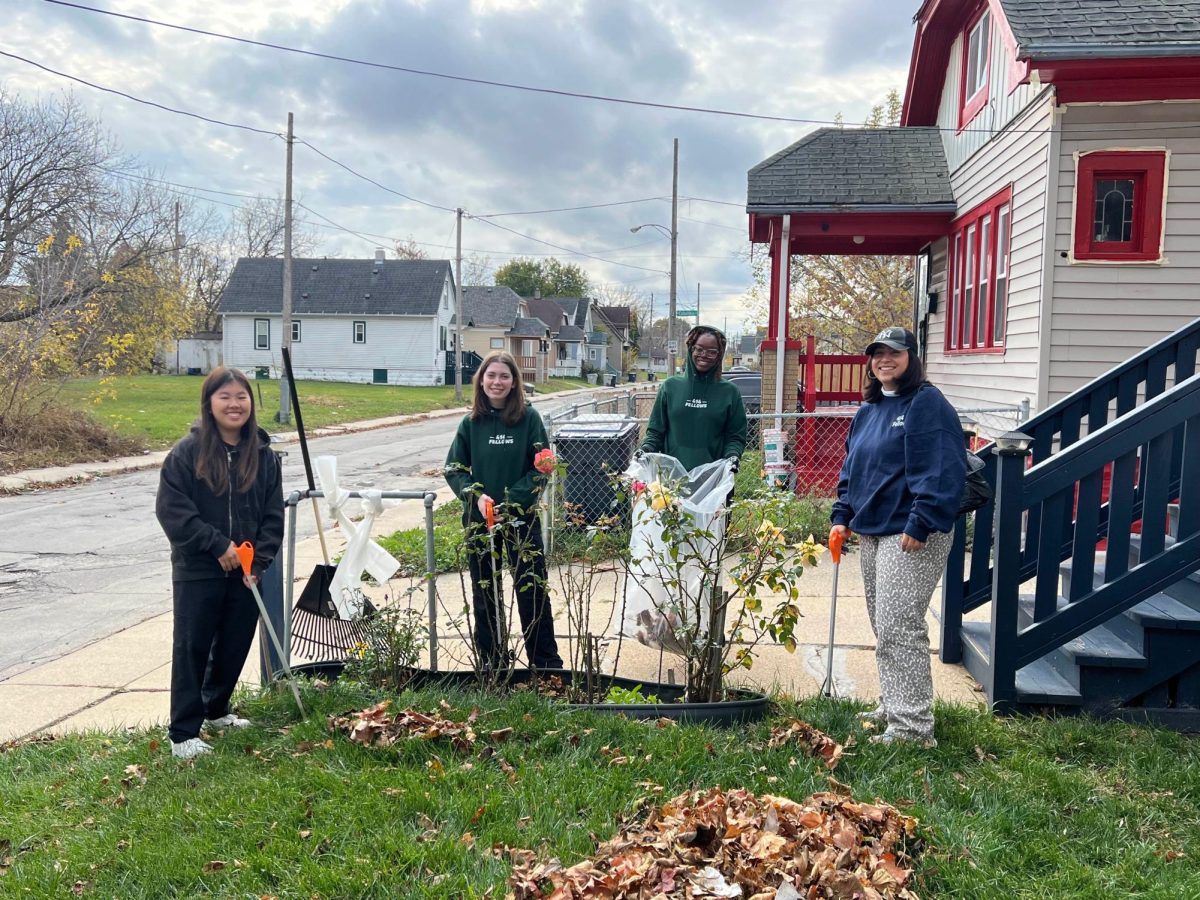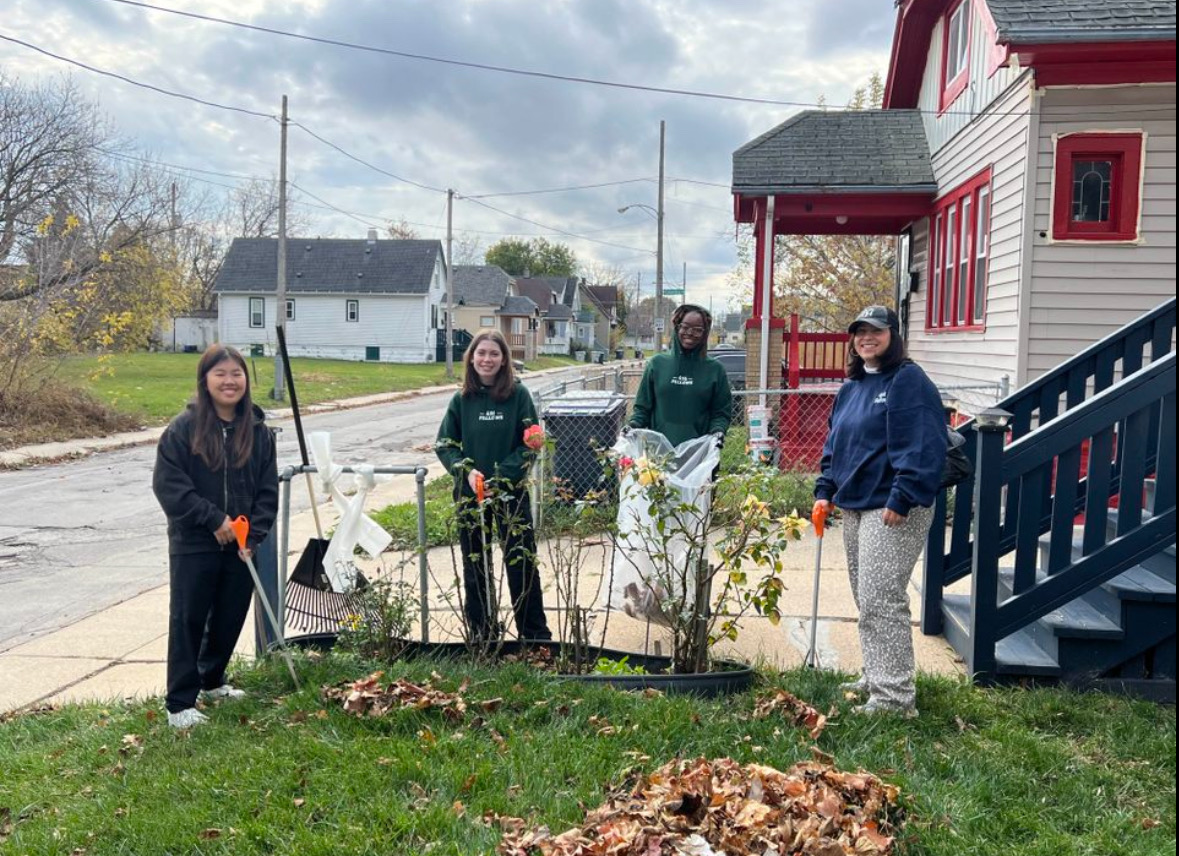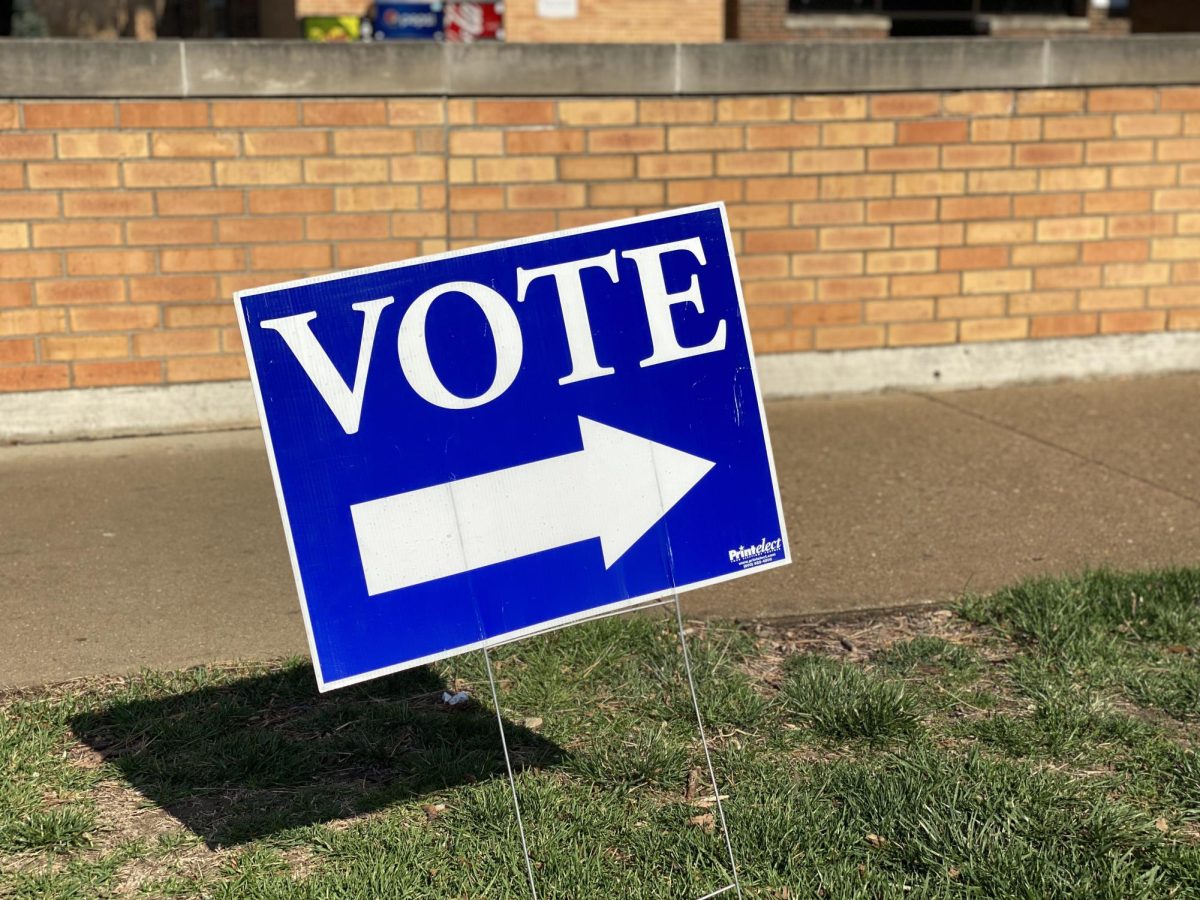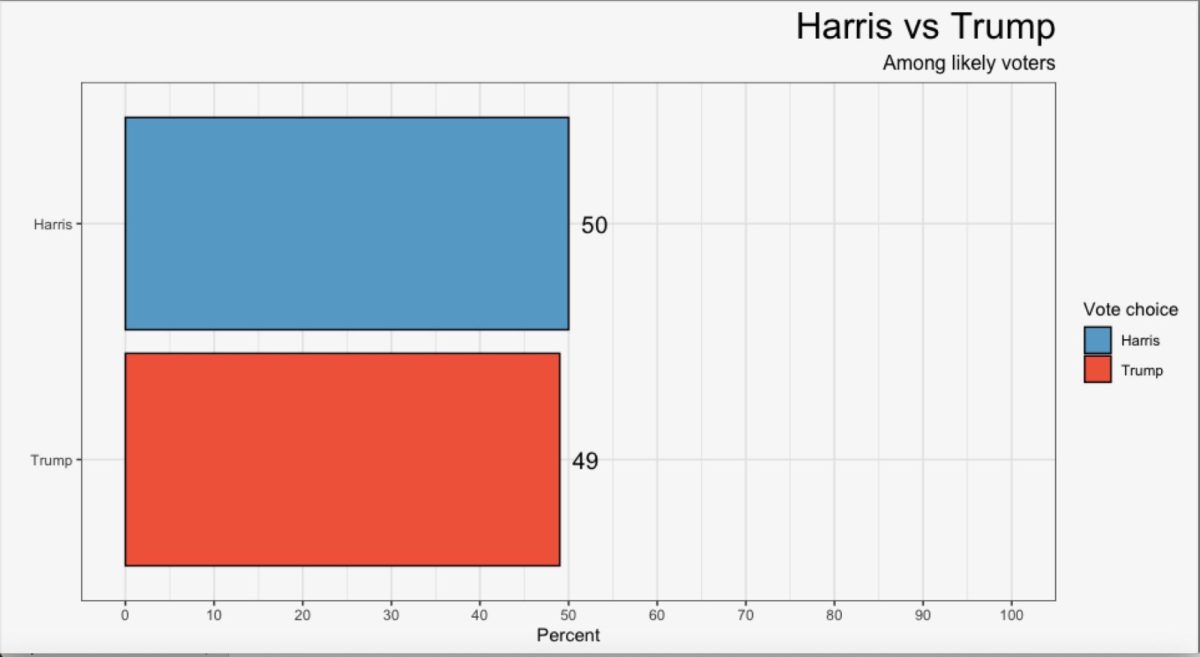Immediately following the results of the presidential election, social media was bombarded with outrage from Americans who were hoping for Kamala Harris’s victory. Some angry Harris voters referenced exit polls showing Harris overwhelmingly won over college-educated voters.
These individuals were quick to use this statistic to spread their outrage over the election, labeling Trump voters without a college degree as the ill-informed voter. Their lack of education is the reason they made the “wrong” choice by voting for Trump.
What people failed to acknowledge when spreading this rhetoric is that it is degrading and classist to non-college-educated Americans, whether or not they voted for Trump.
A majority of non-college-educated voters are in rural areas in which the Republican party has had major success in past elections. In most of these areas, residents face many more obstacles to higher education than those who live in urban and suburban areas. Lack of public transportation in rural communities, especially in low-income areas, blocks prospective young people from attending a college or university. This is a major issue when 164 counties in rural areas have over 10% of residents lacking access to a car.
Online colleges are an option one may consider if they cannot attend in person, however, this alternative is equally as difficult with six in ten Americans living in rural areas reporting limited access to high-speed internet.
Apart from the general lack of opportunity, a large number of young Americans living in rural areas are skeptical that a college education is necessary for success. Instead, many take blue-collar jobs similar to ones that supported their parents or grandparents.
Although most factories that employed these areas have closed in recent decades, opportunities such as distribution centers have popped up in their place.
With few jobs within these communities requiring a college education, those who do end up attending college typically pursue jobs in urban areas, potentially leaving a town their family called home for generations.
As Kelly Wilson Porter, a higher education consultant in Indiana, puts it, “It’s easy to see how some communities view higher education as a threat to their chances of retaining their young people. For them, college often leads to a loss of local talent.”
This sentiment, that non-college-educated voters are stupid or uninformed, is a dangerous generalization that dismisses the attention these areas require. Both sides of the political aisle should acknowledge that every American’s vote, Democrat or Republican, has value that comes from a voter’s lived experience.
This story was written by John O’Shea. He can be reached at j.oshea@marquette.edu



